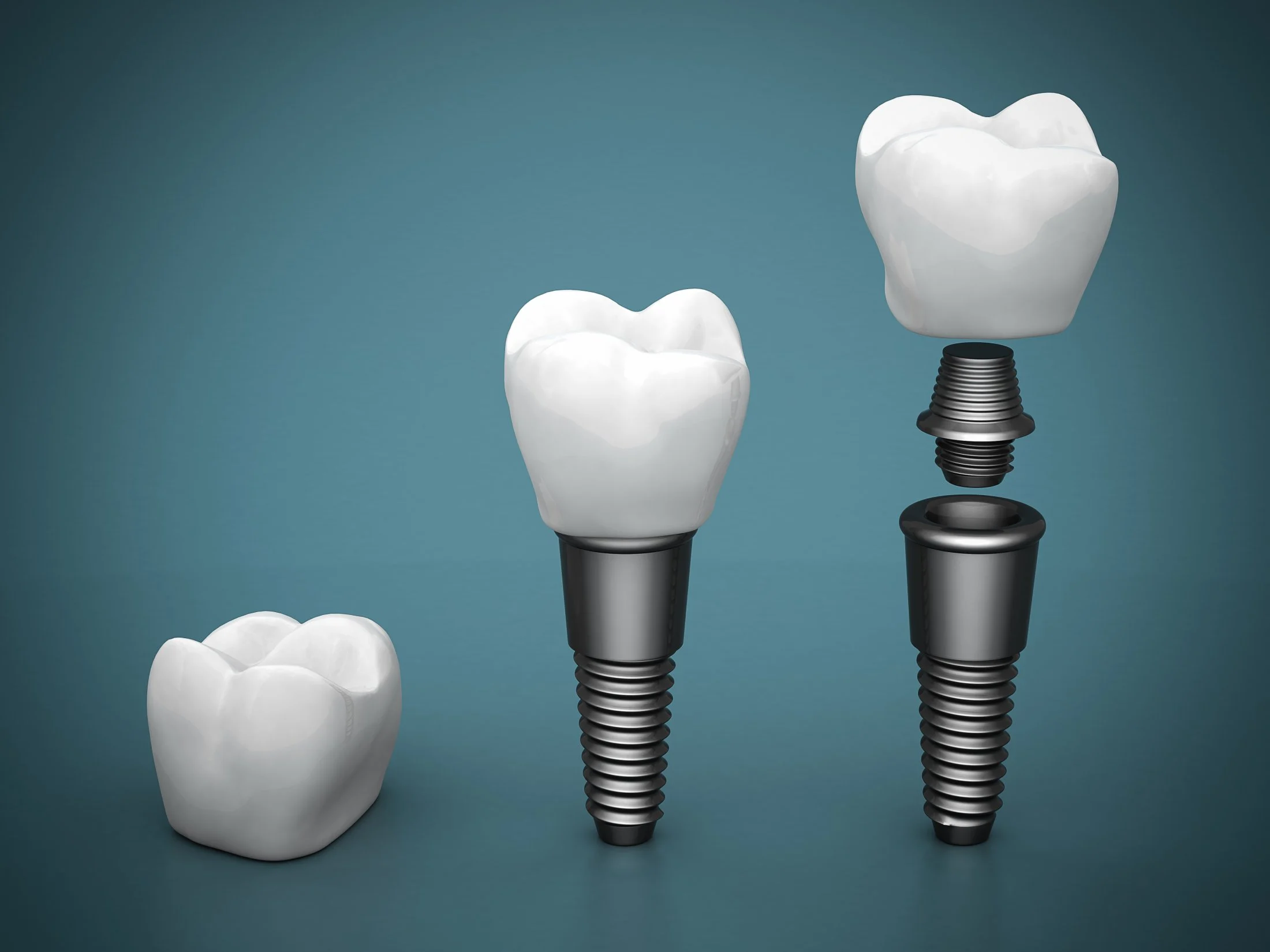
x
Dental implants have transformed the landscape of dental restoration, offering a durable and aesthetically pleasing solution for missing teeth. Whether you're considering full mouth dental implants or searching for nearby specialists, understanding your options and the processes involved can be overwhelming. This guide aims to demystify dental implants, exploring cost-effective options, the procedure itself, and considerations for seniors.

Dental implants are artificial tooth roots, typically made of titanium, that are surgically inserted into the jawbone. These serve as a foundation for attaching replacement teeth, which can be single crowns, bridges, or even full dentures. Unlike traditional dentures, implants are permanent and provide the same function as natural teeth.
The cost of dental implants can be daunting, but several financing options are available to make them more accessible. Many dental clinics offer payment plans, allowing patients to spread the cost over months or even years. Finding dental implants under $100/month is possible with thorough research and consultation with financial advisors at dental offices.
| Location | Average Cost (Single Implant) | Average Cost (Full Mouth) |
| New York City | $3,500 | $45,000 |
| Los Angeles | $3,300 | $42,000 |
| Dallas | $2,800 | $38,000 |
| Chicago | $3,200 | $40,000 |
| Miami | $3,000 | $39,000 |
Source: American Academy of Implant Dentistry (AAID)
Full mouth dental implants involve replacing all the teeth in the upper and/or lower jaw with implants. This option is ideal for those with significant tooth loss due to decay or trauma. The process involves careful planning and several appointments to ensure a successful outcome.
When searching for dental implant services near you, consider factors such as the reputation of the clinic, expertise of the implant specialists, and available technology. Online directories and reviews can help identify reputable practices offering nearby dental implants.
As individuals age, maintaining dental health becomes crucial for overall well-being. Dental implants are a viable option for seniors, providing improved functionality and comfort compared to traditional dentures.
Advancements in implant technology now allow some patients to receive full dental implants in one day. Known as "same-day implants," this method reduces treatment time significantly.
Pros:
Cons:
To find competitive dental implant prices near you, consider visiting multiple clinics for consultations and quotes. Prices vary widely depending on factors such as location, clinic reputation, and the complexity of the procedure.
Choosing the right implant specialist is crucial to achieving a successful outcome. Expect an initial consultation where the specialist will assess your oral health, discuss options, and create a tailored treatment plan.
A1: Most patients report minimal discomfort during the procedure due to local anesthesia. Post-surgery discomfort can be managed with pain medication.
A2: The initial healing period is about 1-2 weeks; however, complete osseointegration may take 3-6 months.
A3: Smoking can impede healing and increase implant failure risk. It's advisable to quit smoking before undergoing the procedure.
A4: Yes, but it's essential to have well-controlled blood sugar levels before surgery to reduce complications.
A5: Regular brushing, flossing, and professional cleanings are essential to maintain implant health.
For further reading and research on dental implants, refer to these reputable sources: